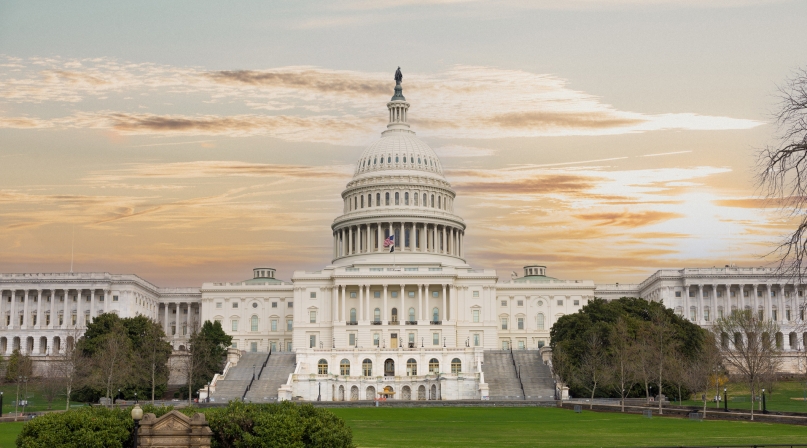Nearly 150 county officials sign onto NACo’s behavioral health advocacy letter to Congress
Author

Blaire Bryant
Upcoming Events
Related News

Key Takeaways
The National Association of Counties (NACo) led a bipartisan group of nearly 150 county elected officials in calling on Congress to pass key county priorities in an end-of-year behavioral and mental health legislative package.
In a letter to U.S. Senate and House leadership, the county officials pointed to five policies that would significantly improve local behavioral health services:
- Amend the Medicaid Inmate Exclusion Policy (MIEP)
- Repeal the Institutions for Mental Diseases (IMD) exclusion
- Fund direct and flexible grant programs to counties to support the recruitment, training and retention of a sufficient behavioral health workforce
- Sustain federal funding to support local crisis response infrastructure through Medicaid
- Enforce policies that ensure equal coverage of treatment for mental illness and addiction
Counties are integral to the nation’s behavioral health system, both funding and coordinating behavioral health services, including those provided in county-owned and operated community health facilities. Additionally, counties help finance and administer Medicaid services, the largest source of funding for behavioral health services in the United States. By directing resources to community-based treatment and services, we can better serve our residents with behavioral health conditions, reduce reliance on the criminal legal system and direct valuable resources towards improving stability and health.
Congress still has an opportunity to build on the success of major investments into mental health and substance use disorder over the last few years by passing additional behavioral health policies that would improve the lives of millions of Americans before the end of the year.
Click here to view the full letter and its signatories.
ADDITIONAL RESOURCES
Resource
Behavioral Health Matters to Counties

Related News

HHS Secretary Kennedy touts fixes for obesity, chronic illness, mental health issues
Counties can help improve health outcomes by prioritizing prevention over treatment, Robert F. Kennedy Jr., secretary of the U.S. Department of Health and Human Services told NACo Legislative Conference attendees.

Drug tracking software helps counties identify trends, save lives
Florida counties are using an artificial intelligence tool called Drug TRAC to track and report drug trends, with the aim of providing quicker outreach and saving lives.

White House Executive Order establishes national substance use disorder response
On January 29, the White House issued an Executive Order (EO) establishing the Great American Recovery Initiative, a new federal effort aimed at coordinating a national response to substance use disorder (SUD).